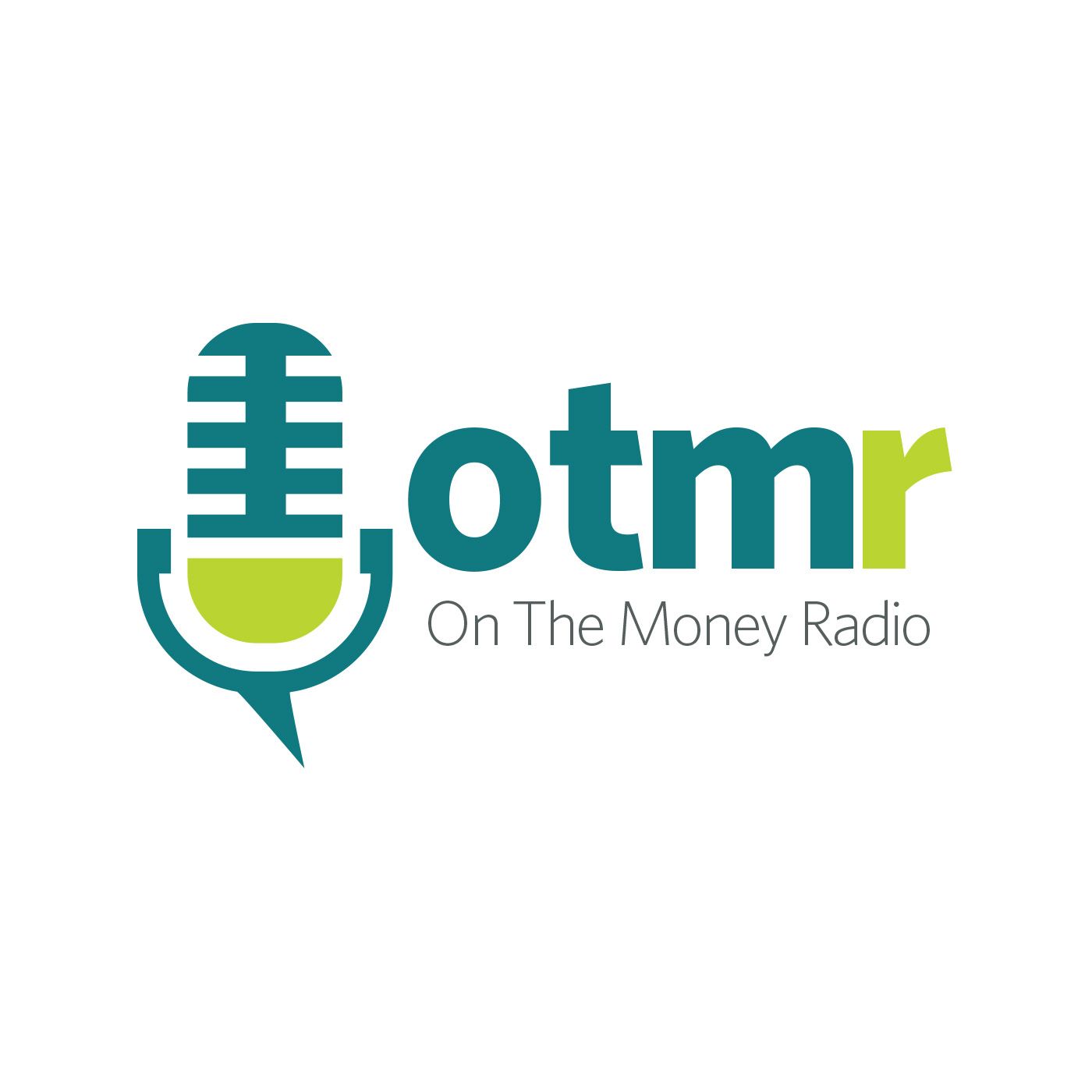How A Clinton Presidency Could Affect Your Finances

b'With\\xa0Heather Long, CNN\\u2019s Senior Markets and Economy Writer
It\\u2019s a lot more fun to focus on the controversies surrounding both Donald Trump and Hillary Clinton than to look into what they actually stand for. But before anyone goes into a voting booth on November 8th, it\\u2019s imperative to look past the media noise to find the substance and to understand the core issues that anchor each candidate\\u2019s platform.
Heather Long, who holds a master\\u2019s in financial economics from Oxford University and is currently CNN\\u2019s Senior Markets and Economy Writer discusses Hillary Clinton\\u2019s economic policy and how the average citizen would be impacted were she to be elected.
In contrast to Trump\\u2019s economic message of \\u201cAmerica first\\u201d, and Hillary\\u2019s has been tagged \\u201cfamilies first\\u201d, a platform that Heather examines in depth. While Trump wants to start on day one by tackling our trade policy, Hillary\\u2019s primary goal in the first 100 days is to bump up infrastructure spending.
At the heart of Hillary\\u2019s plan for the first 100 days is bumping up infrastructure spending, something that both sides of the aisle concede is badly needed. Across the nation, many of our roads and bridges require repair and maintenance work, and many economists feel that the jobs created by these projects could boost the overall economy and growth rate.
Aside from infrastructure, Hillary has proposed four key programs that support her family first position:
* Paid family leave without fear of losing employment for new parents.
* Free pre-school for every 4-year-old in America.
* An option for debt-free college at a state university or community college if certain requirements and contributions are met.
* Expanding some social security benefits, for instance, in the case where an elderly woman would retain full payment when her spouse dies.
How will all these projects be paid for? Hillary\\u2019s tax plan is to raise the tax rate on people who make a million or more, ensuring that this group pays a minimum rate of 30% and, for those who earn over 5 million, she wants to place a surcharge of 4%. In addition, the threshold for estate tax would be reduced to 3.5 million (from 4.47) and the taxable rate on that excess would go from 40% to 45%.
Many independent organizations (Tax Policy Foundation and Tax Policy Center) have stated that her plan, in its present form, is basically revenue plus. Heather cautions, however, that Hillary may be \\u201ca lot closer to revenue neutral, but whether or not she has a surplus certainly remains to be seen.\\u201d
Some changes to the tax code are also on her agenda, rendering it even more complicated than it presently is. Trump, on the other hand, wants to simplify the tax code, reducing it to three brackets.
Heather feels that no matter who is in office, of all of these plans, both infrastructure spending and corporate tax reform have the best chance of getting through a Republican House.
A candidate\\u2019s campaign program is never set in stone, nor can it be since we are a nation built upon a two-party system and have a government with built-in checks and balances. That being said and acknowledged, the obligation of every citizen is to have a comprehensive understanding of each candidate\\u2019s platform.
Next week, Onthemoneyradio.org will present the economic plan of Donald Trump and the Republican Party.
________________________
On September 22 at The Boca Raton Renaissance Hotel,\\xa0Steve Pomeranz invites all interested parties to an open discussion of what the outcome of this presidential election means to your money, your portfolio, and your financial future. \\xa0Click here to sign up.
Read The Entire Transcript HereCollapse Transcript
Steve Pomeranz : On September 22,'